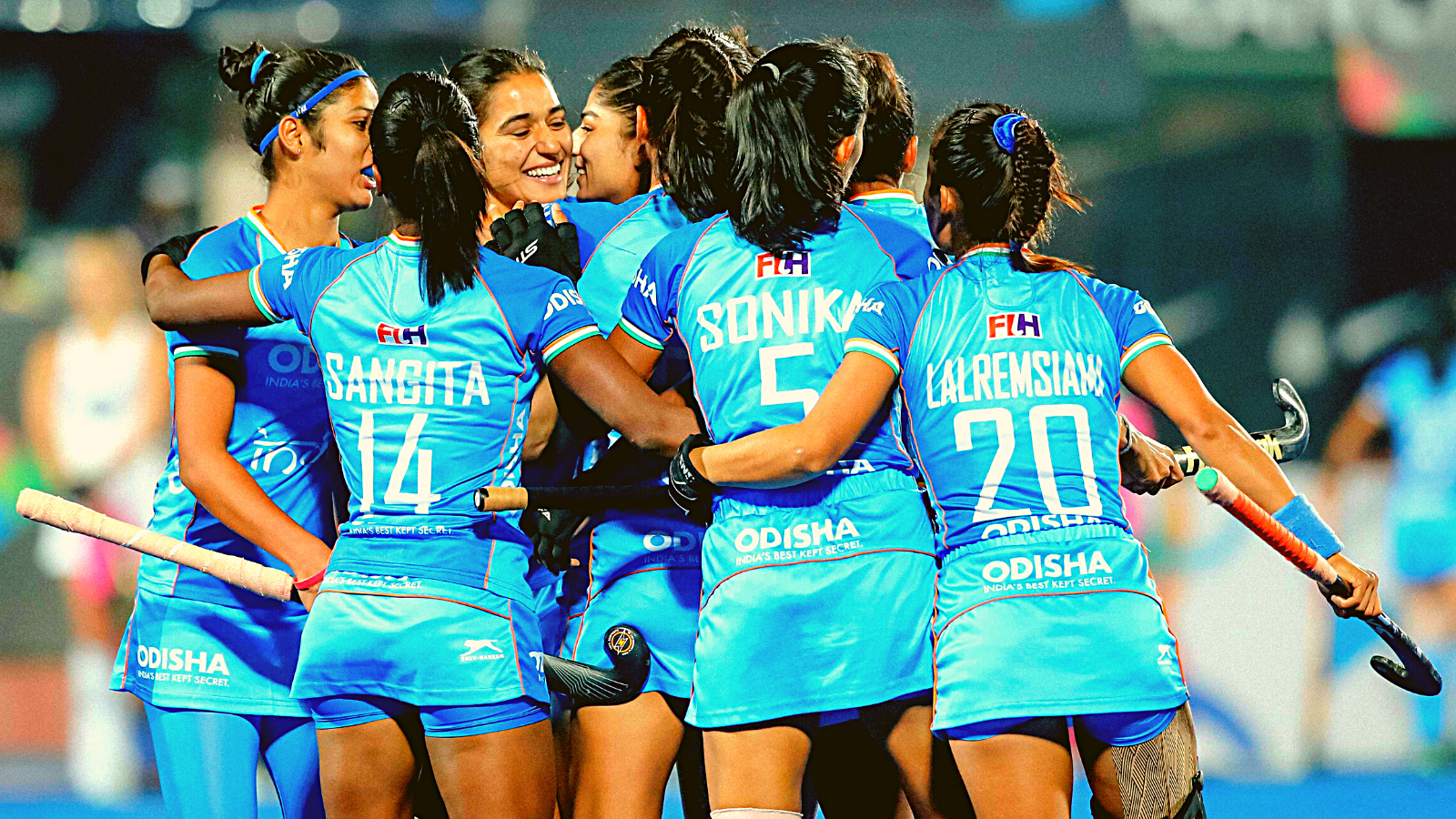 |
|
The first-ever women's Hockey India League (HIL) auction was marked by confusion and adjustments, highlighting the challenges faced by some Indian players in securing a spot in the league. While top players garnered bids, several domestic players initially priced themselves at the highest slab of Rs 10 lakh, only to find themselves unsold. This situation led to a crucial decision: a reduction in their base prices to attract bids.
The unexpected change in auction dynamics was directly linked to the uncertainty surrounding the number of participating teams. Initially planned with four teams, Hockey India later announced an expansion to six, but kept two team owners' names undisclosed due to legal reasons. This change caused a ripple effect, as the number of teams ultimately returned to four, significantly impacting the available roster spots for players.
The reduction in teams directly impacted the playing field, as teams needed to assemble a 24-player squad within a limited budget of Rs 2 crore. With top players attracting bids exceeding Rs 20 lakh, teams found themselves needing to tighten their purse strings, making it challenging for players priced at Rs 10 lakh to find takers.
Recognizing the situation's impact, Indian players appealed to the HIL Governing Committee to lower their base prices to increase their chances of selection. This request was approved, allowing unsold players from the senior and junior women's teams to reduce their base price to Rs 2 lakh. This decision aimed to create a more balanced playing field for both players and the league.
The salary cap became a point of discussion, with former India captain Rani Rampal emphasizing the need to start somewhere and that even a smaller beginning would contribute to the growth of the sport. Prominent players like Preeti Dubey, Deepika Soreng, and Madhuri Kindo, initially unsold, eventually found teams after the base price reduction. However, the auction showcased the challenging reality faced by younger Indian players priced at Rs 5 lakh, underscoring the need for a more robust support system within the league.
